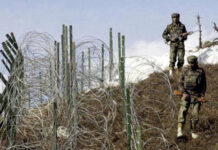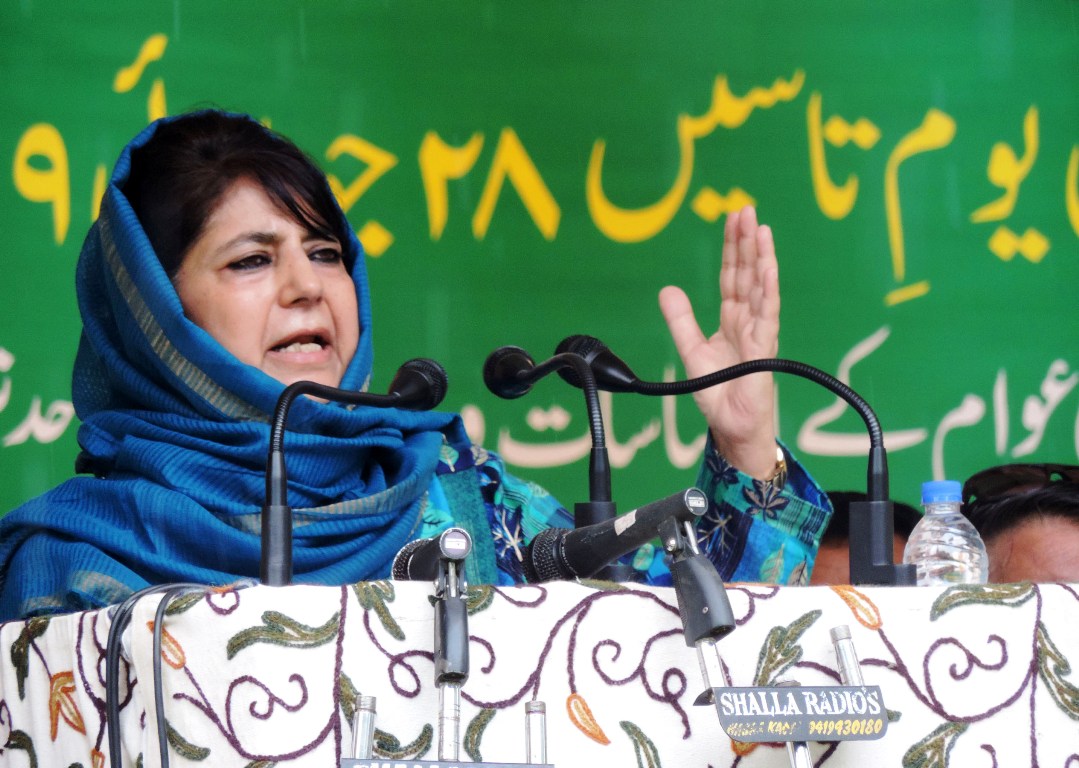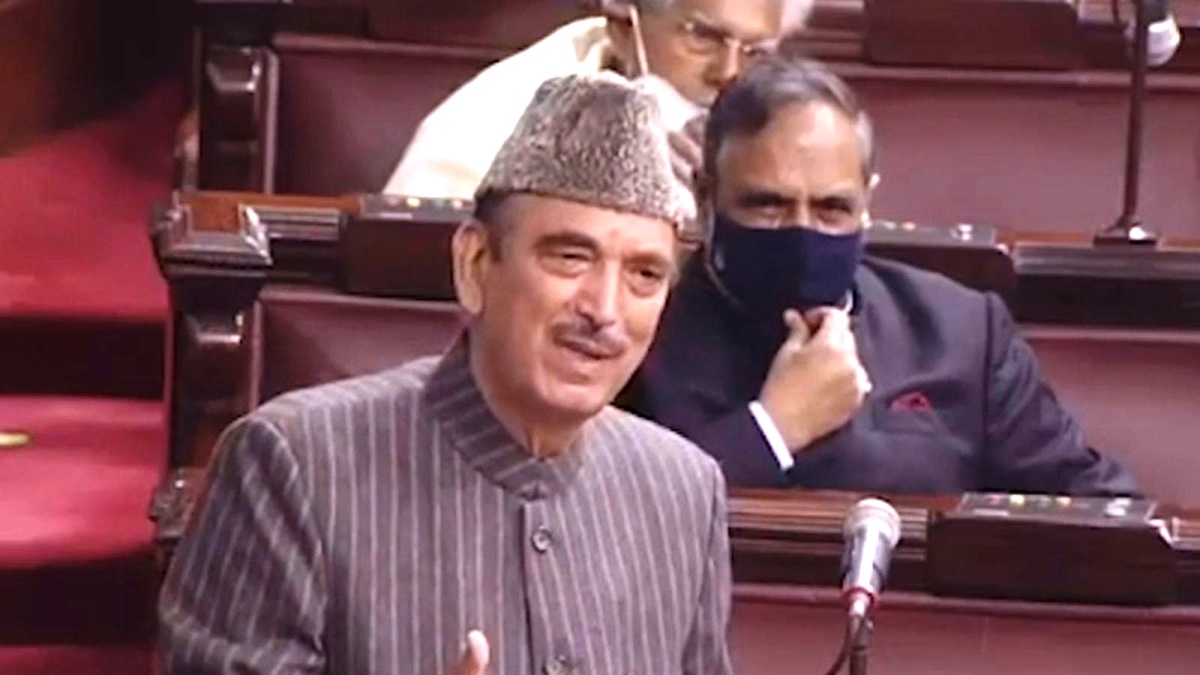UN NEWS: Bulldozers in refugee camps, detainees stripped naked and spat at, farmers robbed of their harvest: against the backdrop of the war in Gaza the situation in the occupied West Bank is “rapidly deteriorating” amid levels of violence not seen in years, UN rights chief Volker Türk warned on Thursday.
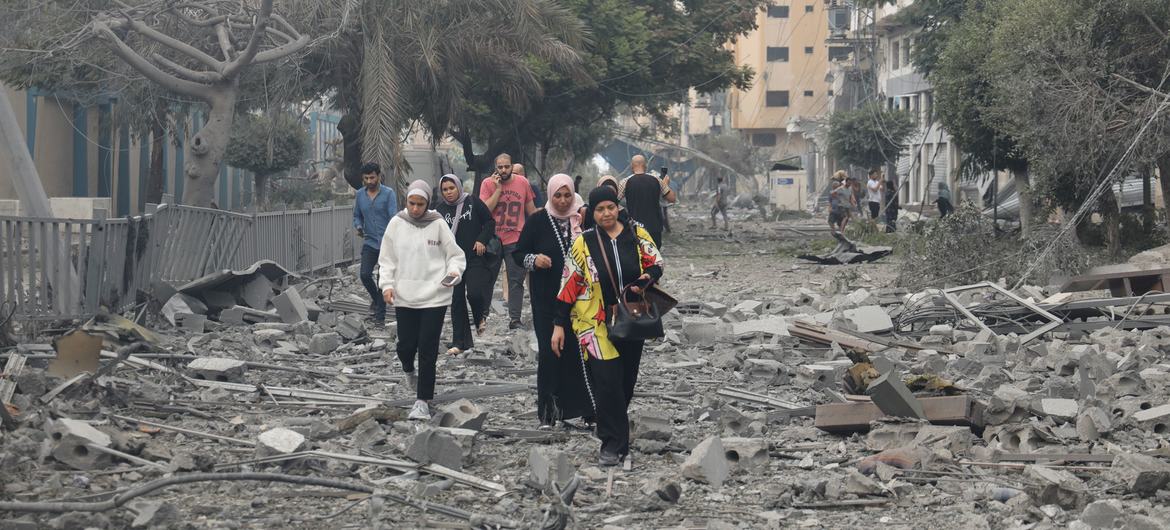
Commenting on a new report on the West Bank released by his office, OHCHR, Türk expressed concern at the use of military means and weapons by law enforcement, movement restrictions affecting Palestinians and a sharp rise in settler violence resulting in the displacement of herding communities.
“The dehumanization of Palestinians that characterizes many of the settlers’ actions is very disturbing and must cease immediately,” Türk said, calling on Israel to investigate the incidents, prosecute perpetrators and protect Palestinian communities against any form of forcible transfer.
‘Deadliest Year’
The UN rights chief said that the new reports of violations repeat patterns documented in the past but with a strengthened intensity. Since the start of Israel’s bombing of Gaza in retaliation for Hamas’ deadly terror attacks on 7 October, in the occupied West Bank OHCHR verified the deaths of 300 Palestinians including 79 children, the vast majority killed by Israeli Security Forces (ISF) while eight were killed by settlers.
Before 7 October, a record-high 200 Palestinians had already been killed in the West Bank this year. In its latest update, the UN Humanitarian Affairs Coordination Office OCHA stressed that 2023 is “the deadliest year for Palestinians in the West Bank” since the UN began recording casualties in 2005.
Violence Against Detainees
OHCHR’s report notes a “sharp increase in airstrikes as well as in incursions by armoured personnel carriers and bulldozers sent to refugee camps and other densely populated areas in the West Bank” since 7 October. It also highlights the arrest of more than 4,700 Palestinians, including about 40 journalists, by ISF, “in most cases not linked to the commission of a criminal offence”.
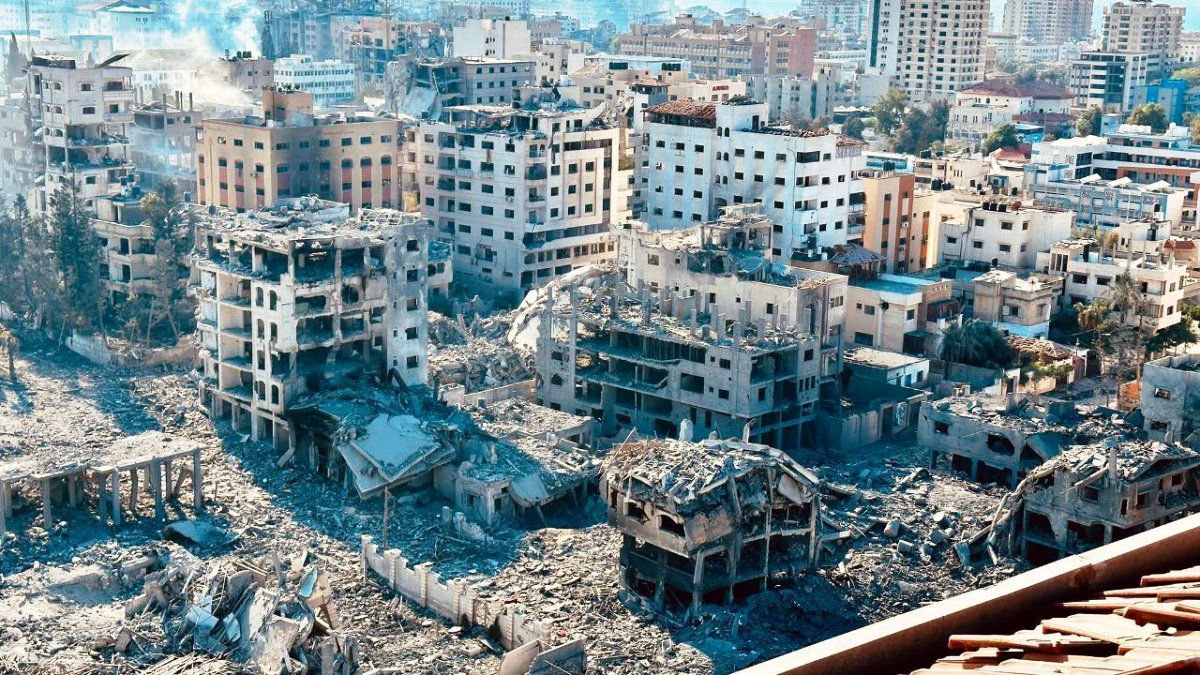
Some of the detainees were subjected to ill-treatment, the report says: “stripped naked, blindfolded and restrained for long hours with handcuffs and with their legs tied, while Israeli soldiers stepped on their heads and backs… spat at, slammed against walls”. OHCHR’s report recalls that on 31 October, Israeli media reported that “dozens of pictures and video clips were published by Israeli soldiers depicting themselves abusing, degrading and humiliating Palestinians apprehended in the West Bank”.
The report also documents cases of sexual and gender-based violence “including one detainee who was beaten in the genitals, forced nudity of several detainees as shown in videos, sexual slurs against one woman, … two pregnant women threatened with rape while in detention, ‘As Al-Qassam [the armed wing of Hamas who carried out the 7 October terror attacks] did with Israeli women’”.
Settler Attack Doubled
Settler violence against Palestinians has surged in the occupied West Bank, the report says, highlighting that between 7 October and 20 November, OCHA recorded 254 settler attacks at an average of six incidents per day, compared with three since the beginning of the year. These included shootings, burning of homes and vehicles and uprooting of trees, OHCHR said.
“In many incidents, settlers were accompanied by ISF, or were themselves wearing ISF uniforms, and carrying army rifles,” the report said. The findings include armed settler attacks against Palestinians harvesting their olives, “forcing them to leave their land, stealing their harvest and poisoning or vandalizing their olive trees, depriving many Palestinians of a vital source of income”.
The OHCHR report notes that after 7 October “ISF… reportedly distributed 8,000 army rifles to civilian ‘settlements defence squads’ and ‘regional defence battalions’ established to protect settlements in the West Bank” after many Israeli troops were redeployed to Gaza.
Türk deplored the “continued lack of accountability for settler and ISF violence” and urged Israel to grant his Office access to the country, adding that “it was ready to report similarly on the 7 October attacks”.
Gaza Death Toll Rises
Meanwhile in Gaza, the latest death toll as of midnight on Thursday stood at 21,110 according to the Strip’s health authorities with over 55,243 Palestinians injured in the enclave.
OCHA reported that heavy Israeli bombardment from air, land and sea, continued across most of the territory on Wednesday while Palestinian armed groups continued firing rockets into Israel.
According to the UN Agency for Palestine Refugees (UNRWA) 1.9 million people in Gaza, or nearly 85 per cent of the population, are estimated to be internally displaced, many repeatedly. On Thursday the agency stressed that new Israeli evacuation orders in Middle Gaza are exacerbating displacement as “over 150,000 people – young children, women carrying babies, people with disabilities and the elderly – have nowhere to go”.
Public Health Disaster
OCHA noted that the lack of food and basic essentials as well as poor hygiene are making the “already dire living conditions” of displaced people even worse and fuelling disease.
UN emergency relief coordinator Martin Griffiths wrote on social platform X that while infectious diseases are spreading fast in overcrowded shelters, “hospitals are barely functioning” and hundreds of people with war injuries are deprived of care.
“Gaza is a public health disaster in the making,” he warned.
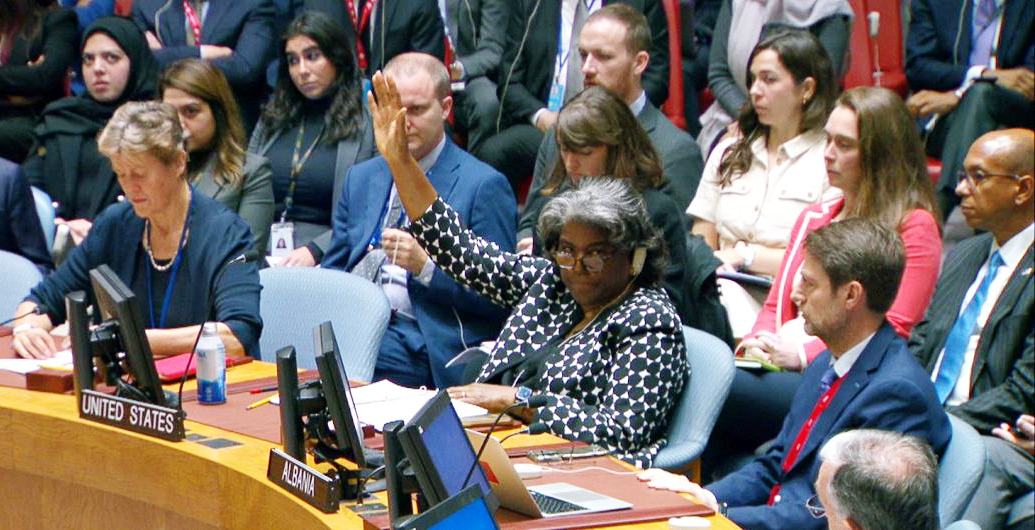
Hospital Aid Deliveries
According to UN health agency WHO as of Wednesday only 13 hospitals in Gaza were partially functional. WHO noted that four of them in the north face shortages of medical staff and supplies including anaesthesia and antibiotics, as well as fuel, food and drinking water, while those in the south are at three times their capacity.
Earlier this week WHO teams with partners delivered essential supplies to two hospitals, Al-Shifa in the north and Al-Amal Palestine Red Crescent Society in the south. The UN health agency said that its staff witnessed “intense” fighting near the facilities and high patient loads. According to Gaza’s health authorities, occupancy rates are reaching 206 per cent in inpatient departments and 250 per cent in intensive care units, while tens of thousands of displaced people seek refuge at the facilities.
‘Hunger and Desperation’
WHO reiterated that hungry people stopped its convoys on Tuesday “in the hope of finding food” and stressed that its ability to supply medicines, medical supplies, and fuel to hospitals “is being increasingly constrained by the hunger and desperation of people en route to, and within, hospitals we reach”.
While UN Security Council resolution 2070 adopted last week called for immediate, safe and unhindered delivery of humanitarian assistance at scale directly to Palestinian civilians throughout the Gaza Strip, WHO chief Tedros Adhanom Ghebreyesus said that “based on WHO eyewitness accounts on the ground, the resolution is tragically yet to have an impact”.
“What we urgently need right now is a ceasefire to spare civilians from further violence and begin the long road towards reconstruction and peace,” Tedros said.
New Attacks
In its latest update on the crisis, UN aid coordination office OCHA said that Israeli forces had reportedly carried out “heavy” bombardment from air, land and sea “across most of the Gaza Strip, specifically the Middle Area” from 23 to 26 December.
This included “more than 50 strikes” from 24 to 25 December on three refugee camps – Al Bureij, An Nuseirat and Al Maghazi – that reportedly killed dozens and hindered the work of aid teams confronted by destroyed roads connecting the camps.
It has been more than 80 days since Israeli Defence Forces’ bombardment of the Strip began, in response to Hamas-led terror attacks in southern Israel, in which roughly 1,200 people were massacred and approximately 240 others were taken hostage




